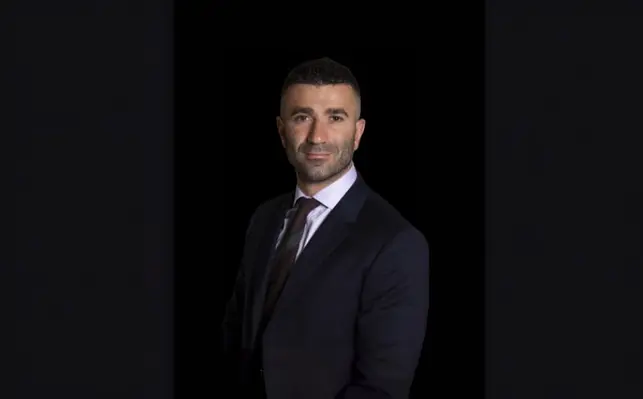Marco Fahd, group chairman and CEO, Versatile International, shares insights on redefining construction excellence in the Middle East's destination-scale projects in 2024
The global construction industry has encountered its share of challenges in recent years, and the Middle East is no exception. A recent survey of construction professionals in the region reveals that over a third view project governance, enhancing supply chain performance, and refining procurement strategies as pressing priorities to achieve the ambitious timelines of destination-scale projects.
This urgency requires asset owners to pinpoint the key areas for process improvement and implement strategic innovations and best practices. These steps are indispensable for ensuring the successful realisation of visions that hold significant commercial and cultural value for countries across the region.
Construction rework: A key opportunity for improvement in 2024
Across the global construction industry, rework significantly impacts project timelines and inflates costs. An estimated 35% of projects will require a major change, resulting in the fact that 30% of construction tasks involve rework. This inefficiency leads to substantial financial losses. The U.S. alone faces an annual cost exceeding US$177bn. 80% of this considerable cost is due to design changes.
Extrapolating these figures to the Middle East's destination-scale projects suggests the potential financial implication could surpass US$310bn, an amount exceeding the GDP of Finland. This stark comparison highlights the critical need for asset owners to adopt more effective project governance strategies to minimise costly setbacks.
Minimising rework: A fresh approach
A significant portion of rework arises from inadequate expert input and validation during the design phase, leading to misaligned decisions that fail to take into account the capabilities and constraints of the supply chain. To resolve this, it is crucial for the asset owner to identify reliable partners with the capacity and expertise to minimise rework from the outset of a project’s lifecycle. These partners act as extensions to the asset owner's team, leveraging their specialised knowledge and extensive industry experience to evaluate the project design against market realities and develop the optimum technical and budgetary parameters before the design is approved and procurement begins.
With the design approved, further work is required to assess tenders, manage quality control at the material source, develop method statements, and oversee installation to ensure compliance with the approved work plans. Managing quality from end to end is a prerequisite for minimizing the chances of rework throughout the development lifecycle, ensuring on-time, on-budget project delivery for the asset owner.
Destination-scale projects in the Middle East are setting new global benchmarks in project ambition and execution. The recent announcement of new ventures, such as Neom’s Zardun and DGDA’s King Salman Boulevard, will further catalyse the region’s construction boom.
To deliver on their promises in 2024 and beyond, asset owners should seize the opportunity to embrace more effective strategies in minimising rework. As these projects forge ahead, their legacy will be defined not only by the skylines they reshape but also by the innovative practices they establish, paving the way for a new era of global construction excellence.







